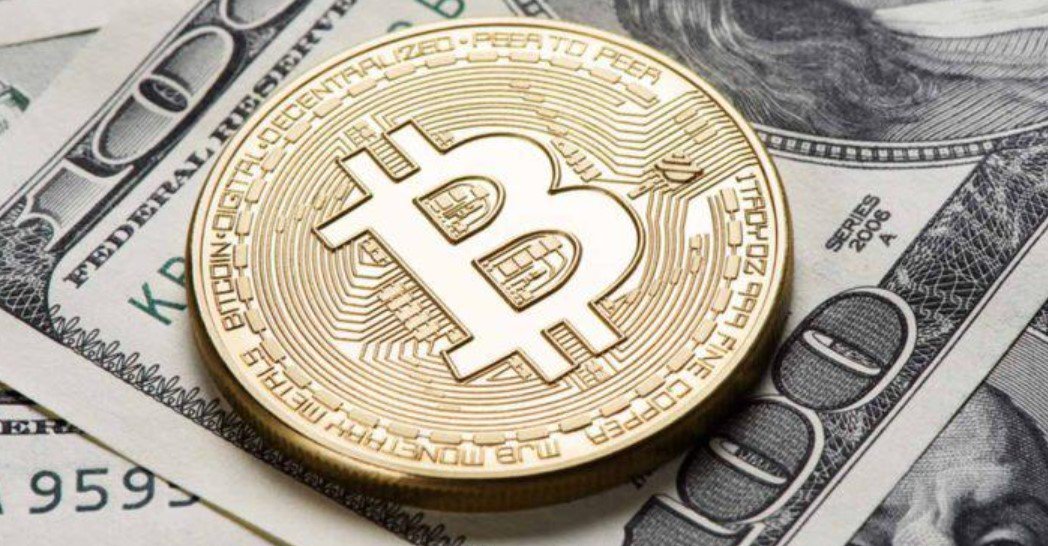In a recent crackdown, Chinese authorities dismantled an underground bank that facilitated illegal currency exchange between the Chinese yuan and South Korean won, using cryptocurrency as a medium. The operation, which involved transactions worth at least 295.8 million USD, was uncovered in Jilin province, Northeast China, leading to the arrest of six suspects.
The Mechanics of the Illegal Operation
The criminal group exploited the inherent features of cryptocurrency, such as anonymity and decentralization, to conduct illicit foreign currency exchange activities. Here’s how they operated:

- Cryptocurrency Utilization: The operation used domestic bank accounts to receive and transfer funds while engaging in over-the-counter (OTC) cryptocurrency transactions. OTC transactions occur directly between two parties, without the involvement of a centralized exchange, making them harder to trace and regulate.
- Catering to Various Entities: The underground bank allegedly catered to various entities, including:
- South Korean purchasing agents: Facilitating cross-border transactions.
- Cross-border e-commerce platforms: Enabling seamless fund exchange.
- Import-export trade companies: Assisting in currency conversion between the Chinese yuan and South Korean won.
- Circumventing Capital Control Policies: By using cryptocurrency as an intermediary, the criminal group aimed to circumvent China’s strict capital control policies. China has long maintained tight capital control measures to regulate the flow of money in and out of the country, preventing capital flight and maintaining financial stability. However, some individuals and businesses have resorted to using cryptocurrencies to bypass these regulations.
China’s Stance on Cryptocurrencies
China’s stringent stance on cryptocurrencies reflects ongoing efforts to combat illegal financial activities and regulate capital flows. Despite recent approvals of spot Bitcoin and Ethereum ETFs, the government remains vigilant in cracking down on crypto-related activities.
In 2017, China banned initial coin offerings (ICOs) and shut down domestic cryptocurrency exchanges to curb speculative trading and prevent financial risks. Since then, authorities have continued to monitor and suppress many crypto-related activities, including money laundering, fraud, and illegal currency exchange.









